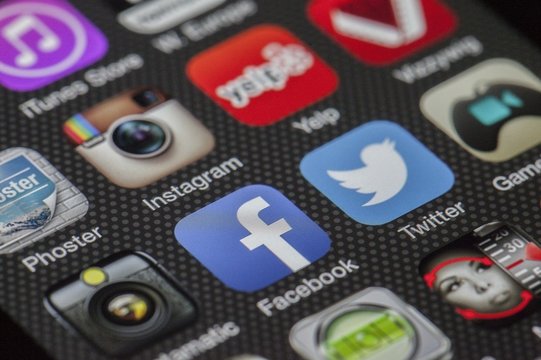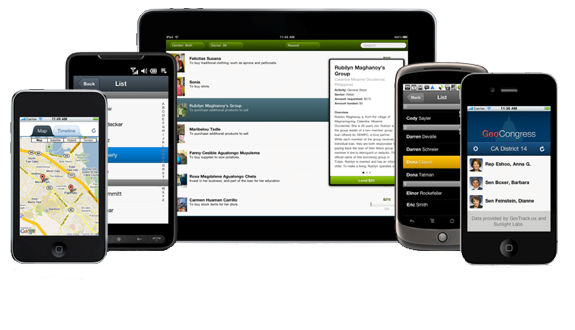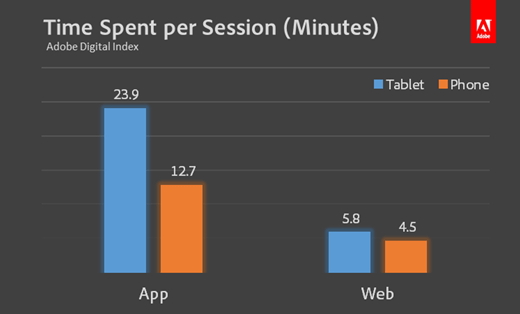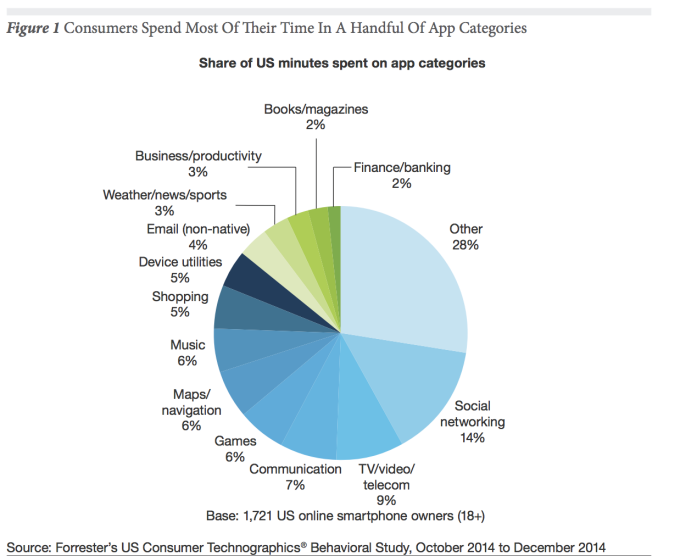In today’s ever competitive business climate, many companies include mobile apps as part of their overall marketing strategy to ensure an extended reach to capture a wider market as well as provide an enhanced level of service to existing clientele to further strengthen client loyalty. Despite mobile apps excellent utility, its development can be arduous and costly process for those not specializing in same. The following are some of the reasons why most companies choose not delve blindfolded into complex world of mobile app development and wisely chose to outsource for their development needs:
Save Time. Save Money
Time is a precious resource to any business. Outsourcing a company’s mobile development allows a company to obtain their desired vision sooner as many of the steps that a non-technology company will need to plan, organize, and execute are eliminated. A mobile development firm will be able to hit the ground running developing a mobile app for a client far sooner than a company looking to create their mobile app internally.
A company outsourcing the development of their mobile app not only saves time but they also reduce costs. The core objective of every business is to make profit: the only two methods to maximize profits is to increase profits and reduce costs. As such, if a company has multiple options on the methods of developing a product or providing a service, a business will select the most cost-effective means provided that the end product is the same. Developing a company’s mobile app would invariably require the additional utilization of a company’s resources to hire, train, and supervise employees that have the skills and experience to develop mobile apps. . This presents significant challenges to a business not operating in the business of developing mobile apps or at least within the realm of technology. For instance, management will not have the experience or necessary insight to hire employees with a skillset, educational background, and work experience far different than their own. Moreover, management will have tremendous difficulty in terms of project management: Management will experience challenges with aspects such as defining the scope of work in ensuring the desired outcome is realized,
Additionally, a company would likely need to periodically update their mobile app, which would mean for ongoing and unnecessary expenses to maintain software developers, thus leading to spending inefficiencies.
Maintain Focus on the Core Business
For companies not specializing in the business of developing mobile apps, attempting to develop mobile apps internally has the effect of divesting interest, focus, and time away from their core business and their source of revenue. As mentioned above, a company will have to hire, train, and supervise a new set of employees in an area of unfamiliarity for the company. Moreover, a company is at the mercy of the new staff because a company will not have the ability to accurately determine project management elements such as timelines and costs. Given the heavy investment of both financial and human capital, the emphasis placed on a new unknown project, and not only the anxiety of the outcome and the fear of any failure, management will likely focus more effort in overseeing the process, hence diverting their attention from their core business. Additionally, as mentioned above, a company would likely need to periodically update their mobile app meaning that a company will have to regularly divest their interest and focus away from their core business. On the other hand, outsourcing mobile development relieves a company of much of the burden since it entrusts the process with a specialist operating within their core competencies. In turn, outsourcing affords management the opportunity to remain focused on their main business operations and the serenity that the project will be done correctly.
Mitigate Risk
Attempting to produce a product that is not within a company’s core competency has two main risks: poor quality and increased costs (as addressed above). Companies trying to delve in area that they maintain no expertise, let alone knowledge, is a considerable risk given they have no sense of the project needs, constraints, risks, and best practices. Moreover, despite the resources funneled to a project, there is no guarantee that the end product will be as advertised or envisioned. However, outsourcing mitigates this risk because a company has the ability to rely on the already established expertise of a mobile app development firm. Not only will the mobile app development firm be able to share its knowledge and expertise in having a company’s vision materialize, but any reputable mobile app developer will guarantee the end product or at the very least, expose themselves to potential legal liability. Mobile app development firms have a pool of highly qualified programmers that are always up to date with changes in the technological world,
Outsourcing will reduce, if not minimize, mobile development costs while allowing a company to maintain laser-like focus on the development of their products and delivery of their services directly related to their core competencies. In our quickly moving technological climate, it is unlikely that a non-technology based company will be able to efficiently and effectively develop technology as opposed to outsourcing their needs. As such, it is wise to outsource mobile app development to save money maintain bonus focus, and mitigate risk.











